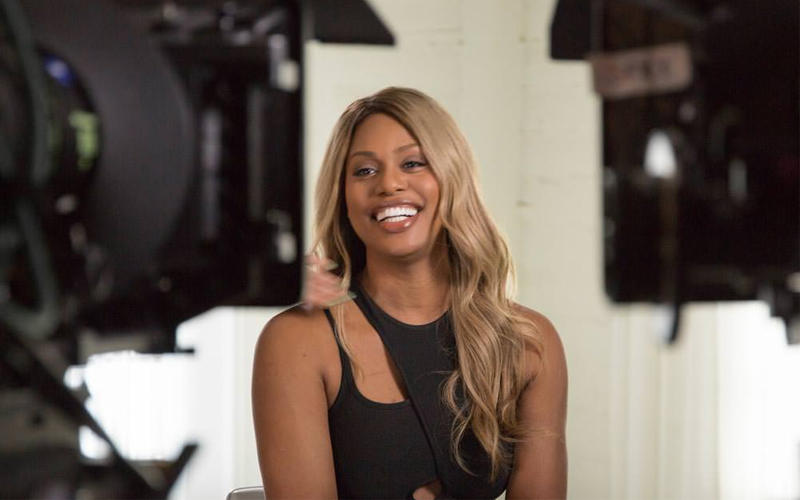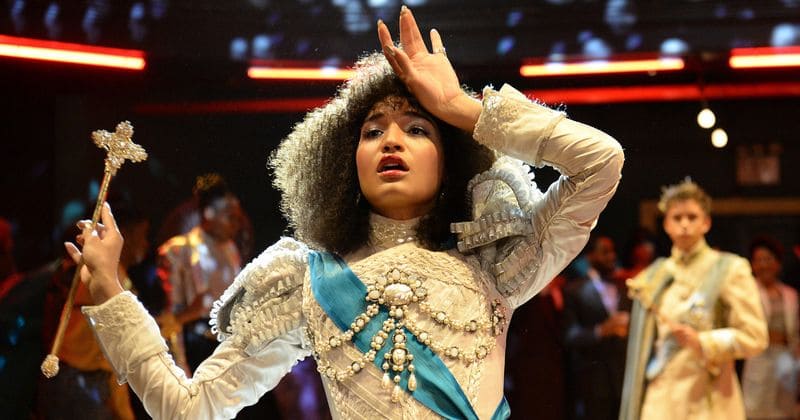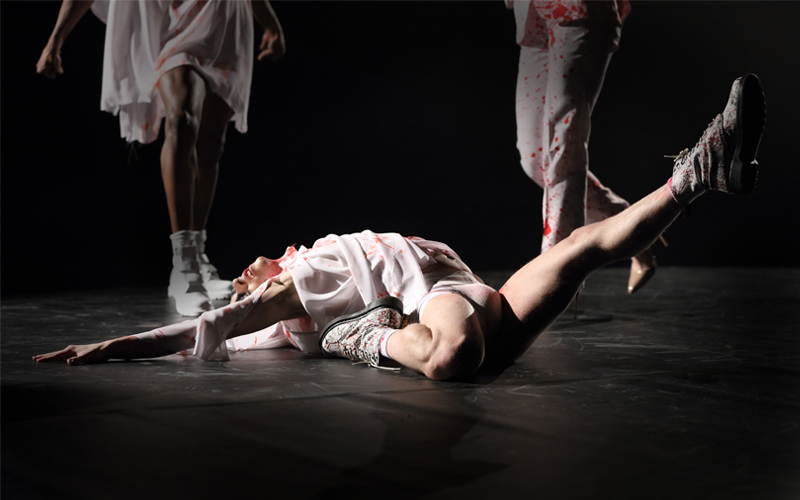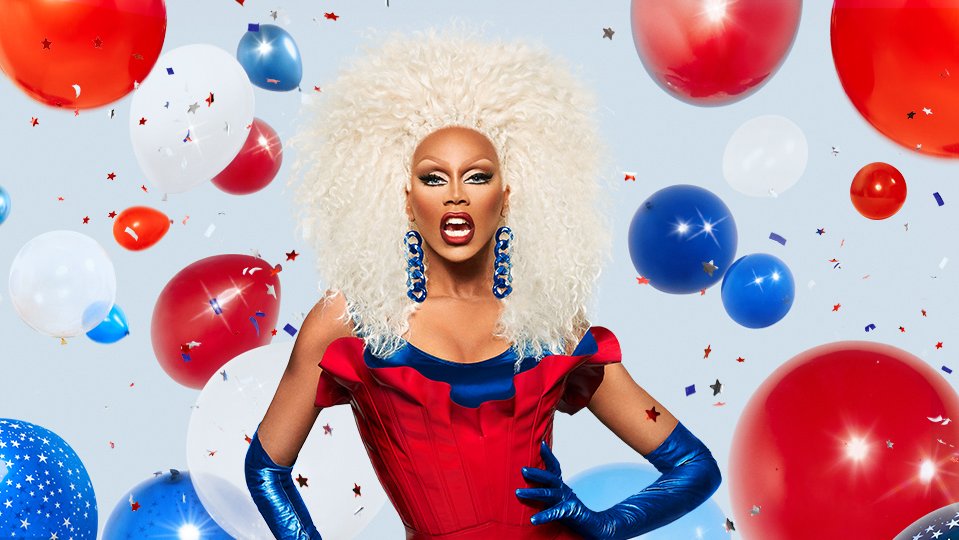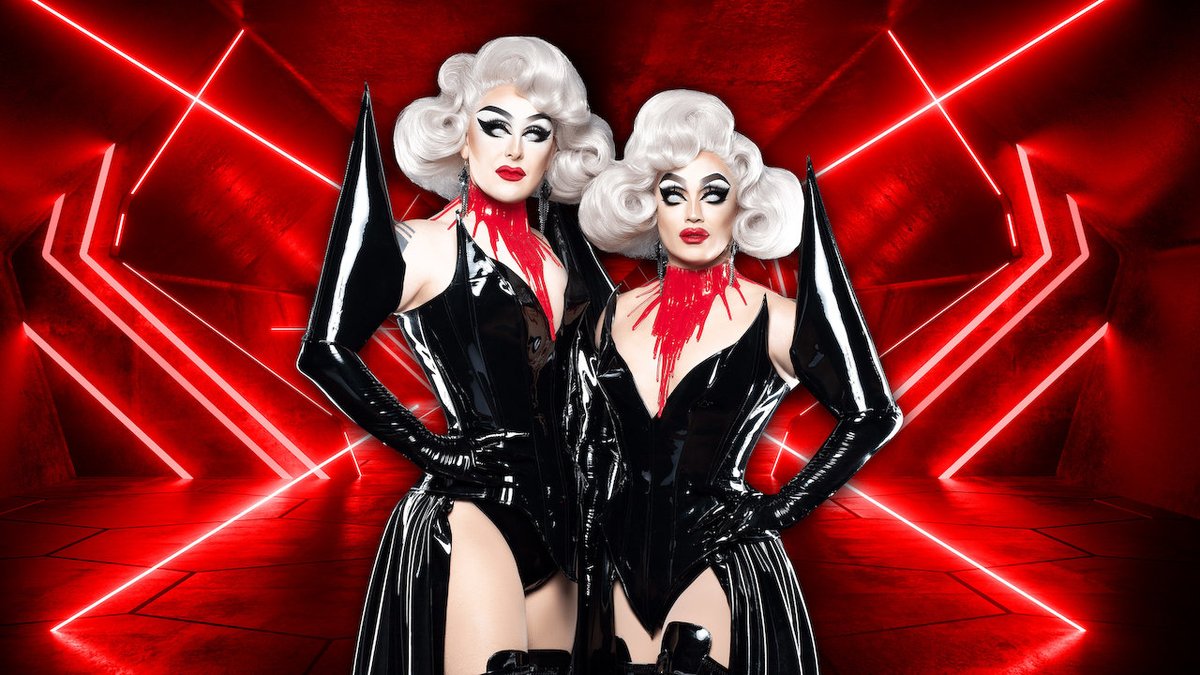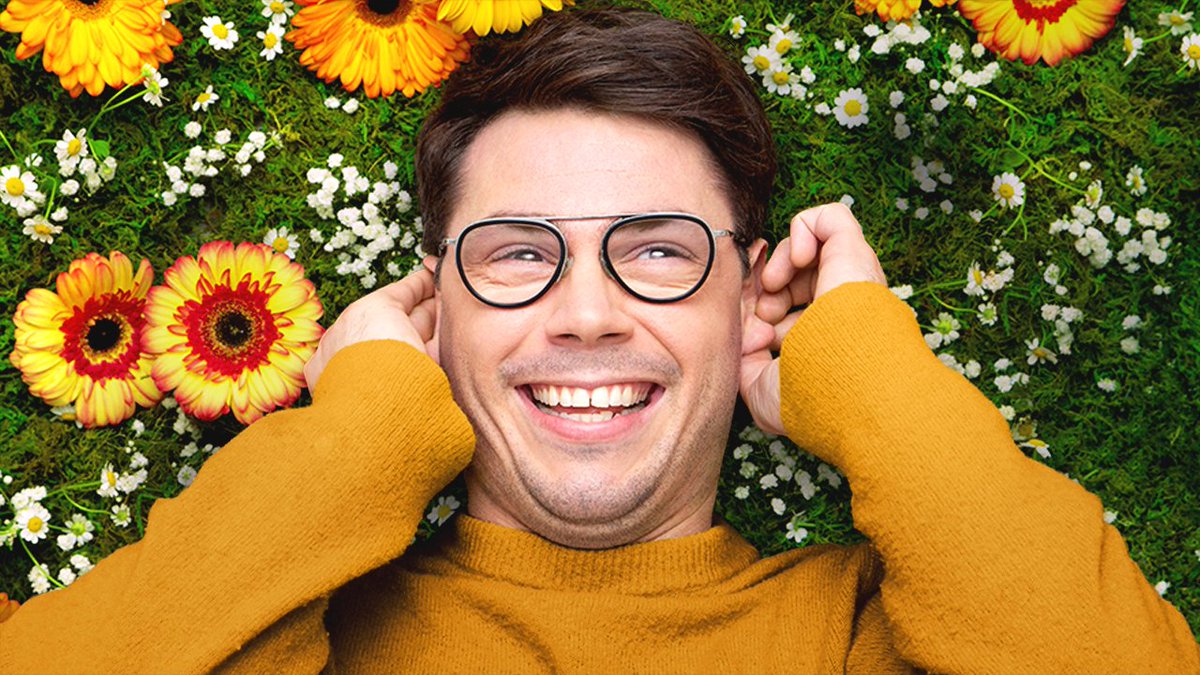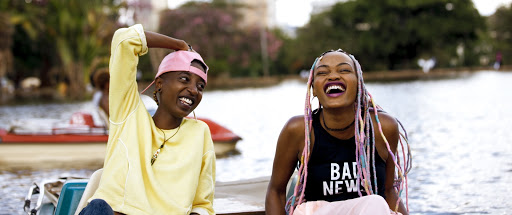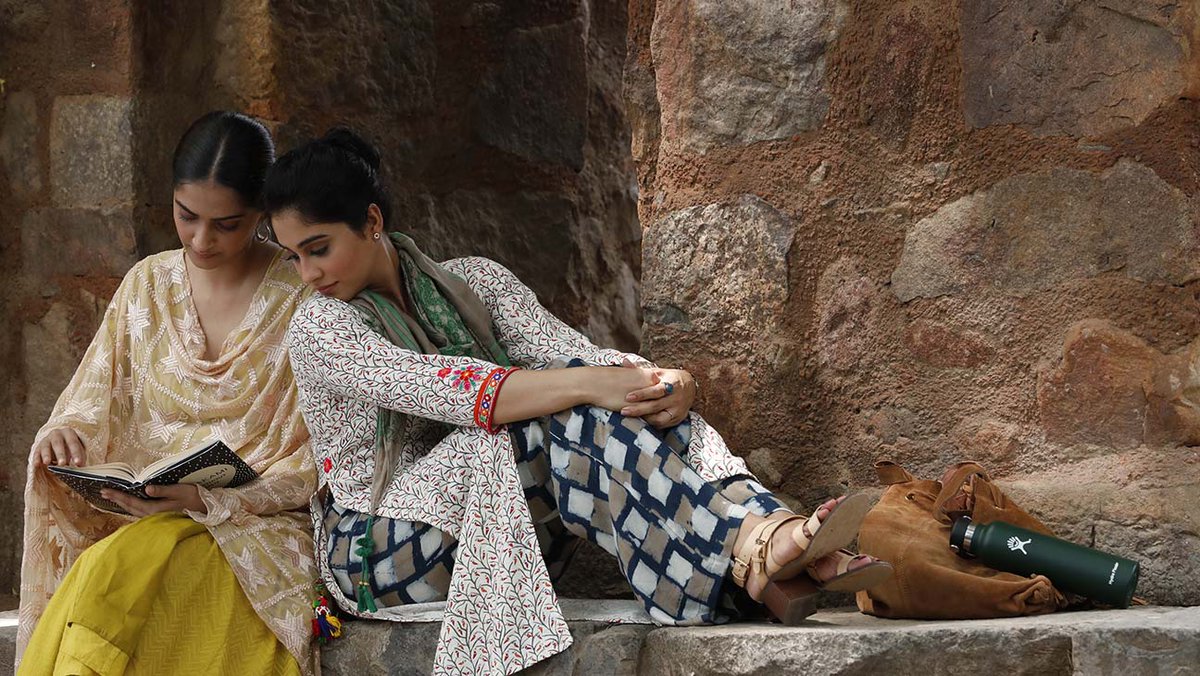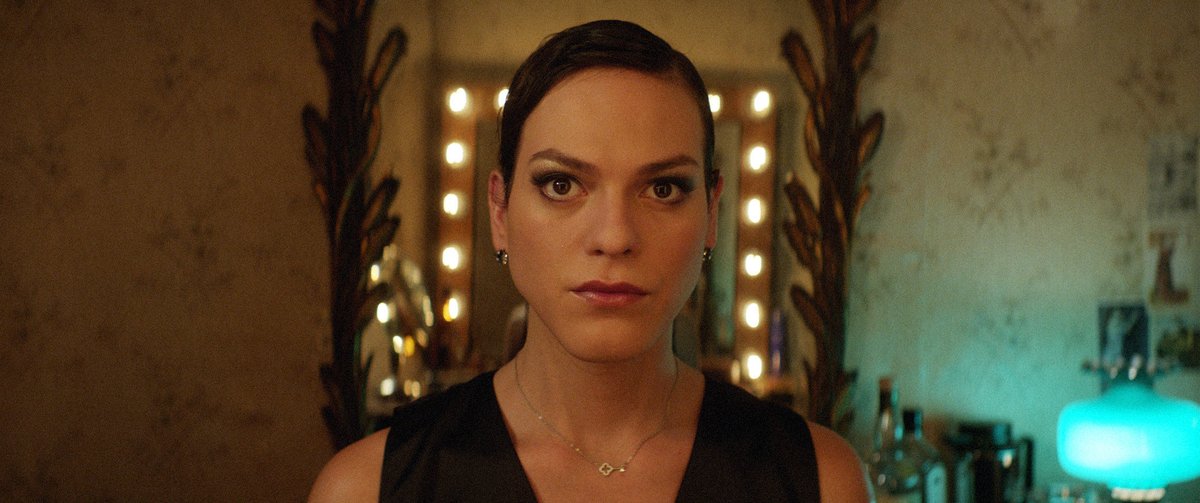| ̄ ̄ ̄ ̄ ̄ ̄ ̄ ̄ ̄|
| POSITIVE LGBTQ+ |
| REPRESENTATION |
| IN MEDIA |
| IS IMPORTANT |
| _____________ |
(\__/) ||
(•ㅅ•) ||
/ づ
| POSITIVE LGBTQ+ |
| REPRESENTATION |
| IN MEDIA |
| IS IMPORTANT |
| _____________ |
(\__/) ||
(•ㅅ•) ||
/ づ
Sign Bunny is right, and just because Pride Month is coming to an end, it doesn’t mean conversations around LGBTQ+ representation should stop.
In this thread we& #39;ll take a very brief look at what representation means and give some recommendations for things to watch.
In this thread we& #39;ll take a very brief look at what representation means and give some recommendations for things to watch.
How race, gender and sexuality are portrayed in the media has a direct impact on society’s attitudes and views towards them. LGBTQ+ representation has often been problematic, pushing harmful and offensive stereotypes.
While LGBTQ+ representation is rising year on year (GLAAD’s 2019 report showed that 10.2% of series regulars on US broadcasts were LGBTQ+), there is still a long way to go, especially in regard to positive representations of transgender people.
So what do we mean by positive representation? It means not tokenistic, not built on stereotypes, not there for shock value or to be a punchline. It means fully realised characters, positive stories, and it means LGBTQ+ actors playing LGBTQ+ characters.
. @netflix’s documentary Disclosure (2020) is focused on transgender representation in the media, from some of the earliest moving images to the present day.
It shows very clearly what impact the media has on society’s views of trans people, and how damaging it can be to those individuals seeing their identities represented negatively on screen. https://twitter.com/netflix/status/1276210382625845248?s=20">https://twitter.com/netflix/s...
If you’re wanting to see some positive LGBTQ+ representation in media here are a few places to start:
One of the most important and ground-breaking TV shows in terms of representation is Pose (2018–). The show takes place in the ballroom scene of 1980’s New York, with the largest cast of transgender actors (most of whom are Black or Latinx) ever seen on a TV series.
BFI Flare ( @BFIFlare) have put together a list of where to start with new queer cinema including Paris is Burning (1990) and Cheryl Dunye’s The Watermelon Woman (1996) https://twitter.com/BFIFlare/status/1275145035193999369?s=20">https://twitter.com/BFIFlare/...
As well as BFI Flare, there are some fab UK queer film festivals and organisations doing brilliant work on getting these films out there including: @LeedsQueerFilm, @ScotsQueerFilm, @cineqbrum, @irisprize, and @QueerMediaUK
Toronto International Film Festival ( @TIFF_NET) have this great ongoing thread on Black transgender filmmakers, actors and changemakers which is worth keeping an eye on. https://twitter.com/TIFF_NET/status/1272646037417623552?s=20">https://twitter.com/TIFF_NET/...
The new BBC documentary Deep in Vogue looks at the present-day ballroom scene in the North West of England, exploring the importance of queer spaces and vogue as a form of expression for LGBTQ+ people - https://bbc.in/2ZksitK ">https://bbc.in/2ZksitK&q...
While it is not without its own issues on representation, there is no denying it has brought drag to the forefront and started important conversations around gender identity. Now in its 12th season with multiple spin-offs, it is still one of the biggest reality shows around.
The @bouletbrothers& #39; Dragula is another drag competition, featuring as much horror and gore as it does glitz and glamour. The show’s third season has been particularly celebrated for showcasing the talents of trans and non-binary drag performers, and drag kings as well as queens.
. @netflix& #39;s Special (2019–) is a wonderful show written by and starring Ryan O& #39;Connell. The series follows Ryan, a gay man with cerebral palsy who decides to stop hiding behind a lie and start living the life he really wants.
It’s important to look at what’s going on outside of US and UK media too. There are some important films being made all over the world that help push positive LGBTQ+ representation.
One such film is Rafiki (2018), which is a love story between two women. Not only was it the first Kenyan film to screen at Cannes, but it is the first positive portrayal of a gay relationship to be screened in Kenya, where homosexuality is illegal.
Ek Ladki Ko Dekha Toh Aisa Laga (2019) (translation: How I felt when I saw that girl) is the first mainstream Bollywood film to focus on a lesbian relationship. It is available to stream on Netflix - https://www.netflix.com/gb/title/81076749">https://www.netflix.com/gb/title/...
A Fantastic Woman (2017), tells the story of Marina (played by Daniela Vega), a trans woman whose life is thrown into turmoil following the sudden death of her partner.
The film won Best Foreign Language Film at the 2018 Academy Awards. The film’s win was used by LGBTQ+ activists in Chile to push for a gender identity bill and Chile approved laws for transgender citizens to change their official details in 2018.
Of course this thread barely scratches the surface, so if you’re looking for more recommendations @empiremagazine have a list of 50 LGBTQ+ films to watch - https://twitter.com/empiremagazine/status/1276199123314761733?s=20">https://twitter.com/empiremag...

 Read on Twitter
Read on Twitter